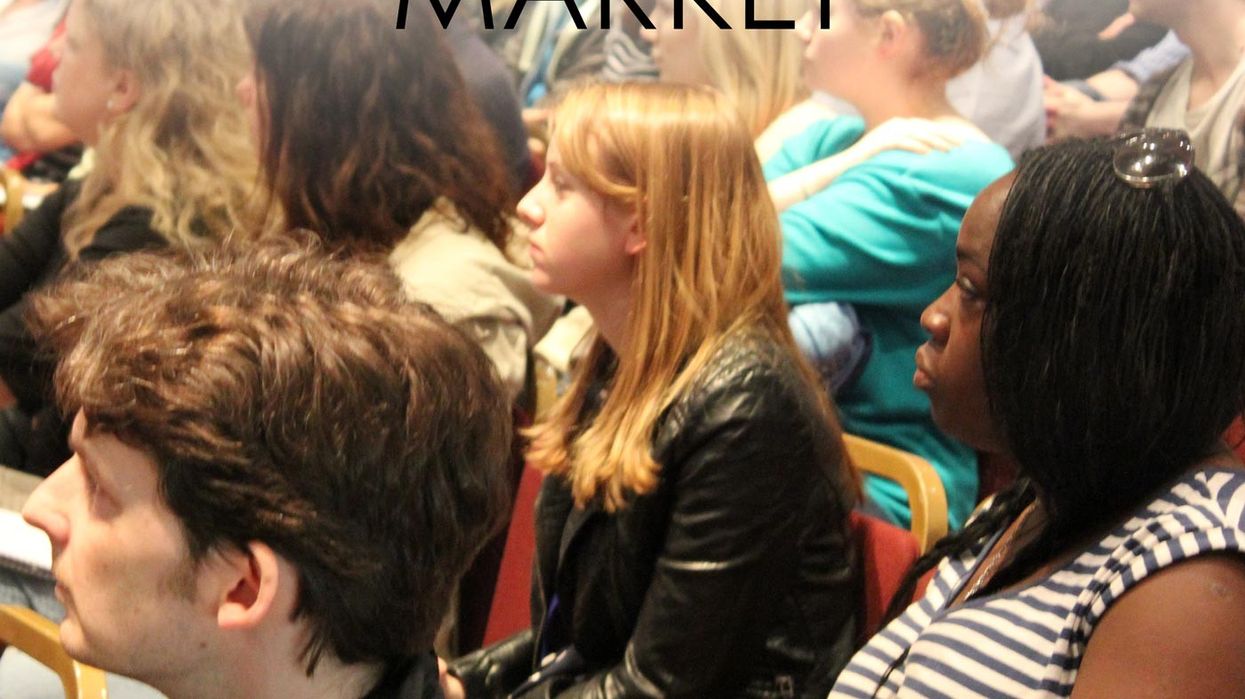Best (and Some Worst) Practices to Manage the Writer-Producer-Director Relationship

As filmmakers, we recognize that this medium requires a collaborative process, and the writer-producer-director relationship drives this process forward. The relationship that connects the creative triumvirate, however, can easily degenerate from a collaboration to an all-out tug-of-war. Perhaps the best way to support the writer-producer-director relationship is for each party to take the time to understand the needs and desires of the other parties involved. Thanks to the BAFTA New Filmmakers' Market, producer Kate Ogborn (The Deep Blue Sea, Red Riding trilogy), screenwriter Rupert Walters (Restoration,MI-5 television series), and director Brian Gilbert (Wilde) share what they believe to be some of the best (and some of the worst) practices to manage the writer-producer-director relationship in podcast below:
[soundcloud url="https://api.soundcloud.com/tracks/56636383" iframe="true" /]
Many times, the writer-producer relationship will form before a director comes on to a project. Together, the writer and producer will develop an idea, spending months discussing the story and going over drafts of the script. Screenwriter Rupert Walters discusses the need for shared responsibility with a producer during the development process and beyond:
What I look for is responsibility from a producer or director. You had some ideas together, some of them didn’t work out, and often as the writer you feel you’re the one left carrying the can for it. The producer has gone off to do another show. Collaborating is really about taking responsibility, both of you, for what you produce…on the page.
When a director comes on board a project, writers should expect to rewrite and revise the script based on the director's take on the material. Director Brian Gilbert shares his own wise advice to himself to handle this delicate stage in the creative process:
Try not to get in the way of the process, try not to block the writer, try to understand what the writer is doing…. I always used to give myself the note: don’t overreact when you read a draft that comes in. Read it, and then read it again. Never respond immediately without taking thought…. Before giving notes, I would always try to see what the writer has genuinely given me. That’s not immediately obvious, I have to say.
A good producer will be intimately involved with the story that the writer and director want to tell, and will defend that work diligently to serve the vision of the film and the filmmakers. Producer Kate Ogborn describes the importance and value of collaborating with the writer/director of her first producing gig from the moment of the story's conception:
By the time we were shooting the film,…I understood what [the writer/director] was trying to do. So therefore, when people were questioning it or we were being challenged by crew members or by actors or whomever, [the writer/director] knew she could rely on me to defend the film in the way she would defend the film, and to create the space for her to direct it in the way she needed to direct it.
Certainly, friction occurs frequently in the writer-producer-director relationship, but if the relationship has a strong foundation with mutual understanding of the roles and responsibilities of each player, disagreements can ultimately result in better writing, producing and directing. Also, as the three panelists point out, every relationship is unique, everyone has his or her own working style. With each new working relationship, the writer, producer and director need to learn the idiosyncrasies of one another to make the collaboration fruitful.
You can listen to the entire podcast embedded above for many more best (and some worst) practices to manage the writer-producer-director relationship.
On your own projects, what are some best practices you have discovered to create strong writer-producer-director relationships? Share with us in the Comments.
Link: BAFTA New Filmmakers' Market - The Writer/Director/Producer Relationship podcast












